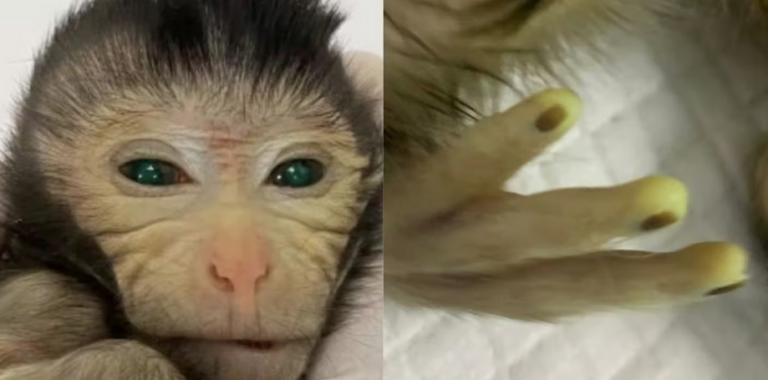In what sounds a little like the opening scenes from a sci-fi horror film, a team of scientists has taken seven-day-old monkey embryo stem cells and injected them into an unrelated four-to-five-day embryo from the same species, which was then injected into a female monkey. The female monkey later delivered a fully formed male, making it the world’s first live birth of a chimeric non-human primate.
While scientists have used this method to create both monkey-human embryos (which were terminated before further development) and live individuals, it’s the first time the introduced genetic material has made up such a significant percentage of the newborn’s tissue composition. The injected stem cells formed 92% of the monkey’s brain tissue, and overall accounted for 67% of the animal’s makeup.
Scientists say there may have been a second Big Bang
“This is a long-sought goal in the field,” said senior author Zhen Liu, of the Chinese Academy of Sciences (CAS). “This work could help us to generate more precise monkey models for studying neurological diseases as well as for other biomedicine studies.”
Continue here: New Atlas
Ask me anything
Explore related questions





